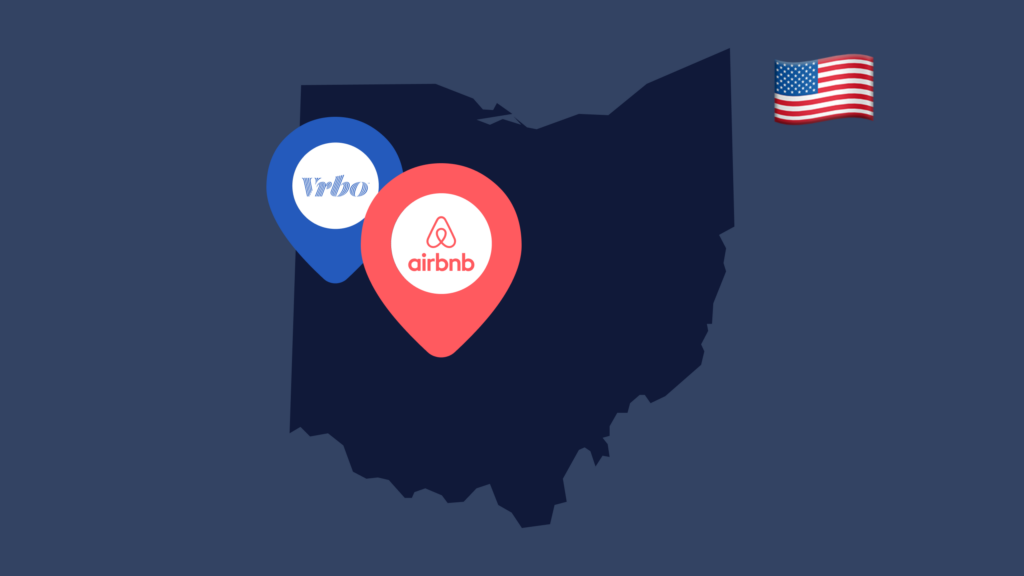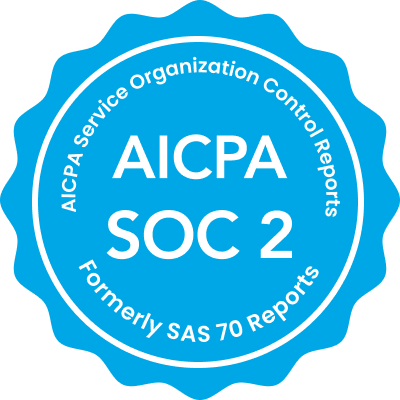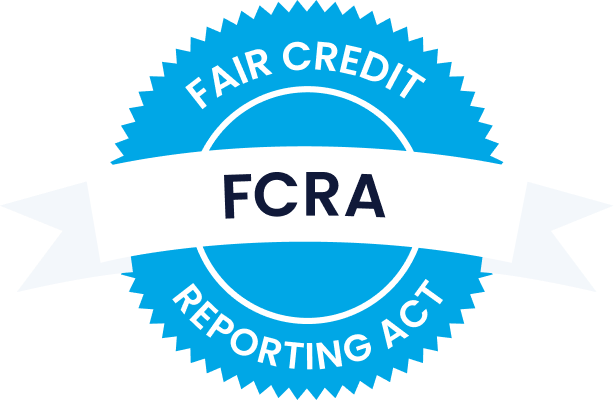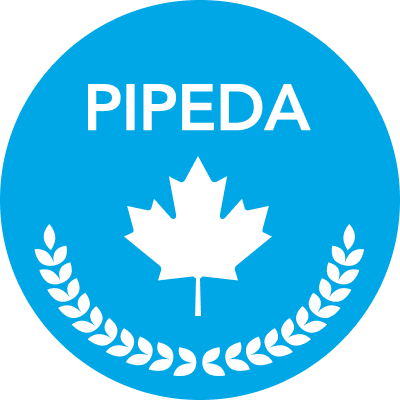Ohio, the heart of the Midwest, has charming countryside and a share of colorful cities, such as Cleveland, Columbus, and Cincinnati.
For property owners in the Buckeye State who are thinking of operating short-term rentals, we compiled a guide on how to file income taxes and get the most return.
What’s considered a short-term rental?
A short-term rental (STR) is any dwelling with five or fewer guest rooms rented for 30 consecutive days or less. Most property owners list their STRs on online platforms like Airbnb, VRBO, HomeAway, and FlipKey.
In Columbus, you must obtain a permit to operate a rental property. Research the rental laws in your local municipality to better understand your county’s rental rules.
When should I report the rental income for my short-term rental?
Individual taxpayers should report their income tax by April 15, 2024. Many independent property managers who operate their own investment property are considered self-employed.
For property owners in the Buckeye State who are considering operating short-term rentals, we compiled a guide on filing income taxes and getting the most return.
Do I always need to report rental income on my short-term rental?
All rent received is taxable income. The good news is many expenses qualify as deductible expenses.
Short-term rental hosts who rent their primary residence or vacation homes for fewer than 15 days per year do not have to report their taxes—this is also known as the 14-day exception, a provision in the U.S. tax code. If you exceed the 14-day limit, you must report all rental income to the Internal Revenue Service (IRS) since it is taxable income.
How will taxes be collected if I host my short-term rental on Airbnb?
In Ohio, there are jurisdictions where Airbnb will collect and remit taxes for short-term rental owners. Lodging taxes vary by county.
If you’re a homeowner utilizing Airbnb, file a W-9 form for your short-term rental property. Airbnb is required to withhold 28% of your income for those who don’t file a W-9. However, if you earn less than 28%, Airbnb won’t withhold 28% of your income.
A W-9 Form requests the taxpayer identification number and other relevant information.
How do I report rental income for my short-term rentals in Ohio?
With tax season underway, if you’re rushing to meet the deadline, here are some actionable steps to finish your taxes.
Step 1: Gather the proper forms
The most important thing is to keep well-organized documentation of your vacation rental property activity, including your rental periods, rental property income, applicable business expenses, and travel expenses.
Once you have calculated your rental income, determine the total income received, including any sales tax and fees charged to guests.
Step 2: Determine if your business is active or passive
Determining whether the structure of your rental business earns an active or passive income depends on your level of involvement. The IRS usually considers rental income passive.
With passive income, there is minimal involvement in week-to-week operations. Even when you invest in repairs to your rental property but hire a property manager to make the operational decisions, you still earn passive income.
Earning an active income involves spending significant time managing vacation rental properties through guest communications, traveling, completing routine maintenance and repairs, and handling the finances.
When you earn an active income, you may have higher tax rates, limited business income deductions, and be subject to additional taxes, such as self-employment taxes.
The tax advantages of filing a passive income could mean lower tax rates and more deduction opportunities.
Step 3: Reporting rental income with a Schedule E (Form 1040)
Complete a Schedule E form to report your total rental income and loss. The detailed information you’ll need to provide includes:
- Income, including fees and taxes
- Expenses, including management fees, cleaning, and maintenance
- Depreciation, including wear and tear on the home
Check out our comprehensive guide on reporting your earnings with a Schedule E 1040 Form.
Key tax deductions for short-term rentals
Some itemized deductions you may be eligible for when operating vacation rental properties include mortgage interest, property taxes, and maintenance and cleaning expenses. If you earn a passive income, you qualify for a wide range of deductions.
FAQ: Rental property tax deductions in Ohio
An active income earner can write off various expenses. It’s always advised to consult with a tax professional specializing in real estate to learn how to maximize your deductions. Some deductions may include, based on your earnings and the county you reside in, mortgage interest, property taxes, insurance premiums, utilities, advertising and marketing, travel expenses, and home office expenses.
When you rent your vacation rental for fewer than 15 days annually, the IRS will not consider the earnings taxable income. If you earn profits from your rental for more than 14 days, you must report your rental income.
Not all Airbnb income is taxable. The total net amount earned is a contributing factor. Consult with a tax specialist when you first use Airbnb or other online platforms, such as VRBO.
Our final thoughts
Operating an STR unit can serve as a profitable passive income stream. Regulations for rental units, rooms, and single-family homes vary by county. Whether you plan to rent your property for the long haul or advertise it as a vacation rental, it’s essential to understand all of the necessary rental documents to manage your property effectively.
If you’re still on the fence about running a STR or a longer-term rental, check out our guide on determining the pros and cons of each rental operation.





